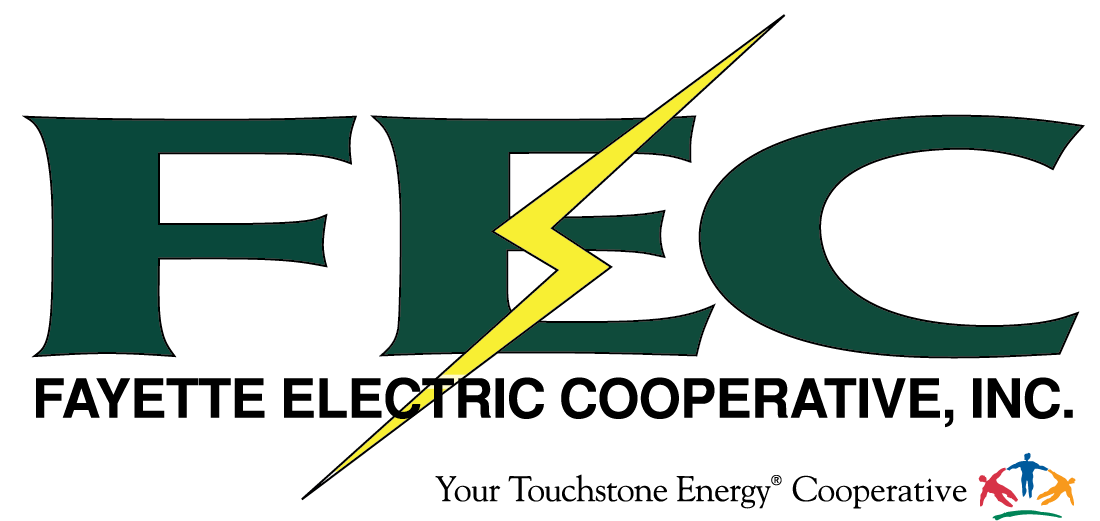Gas and electric utility companies across the United States and Canada are joining forces to protect customers from the long-running scam targeting customers of utility service providers.
The Utilities United Against Scams collaboration has designated November 16th as “Utilities United Against Scams Day.” “Fayette Electric Cooperative is focused on exposing the tricks scammers use to steal money from its members, and how members can protect themselves,” said FEC General Manager Gary Don Nietsche.
Information for cooperative members
Scammers will often target people they know are especially dependent on essential services like electricity, gas and water. Prime targets are the elderly and restaurants during the lunch rush hour. Be wary of scams in which callers pretend to be an authorized representative of Fayette EC and threaten to disconnect a member’s electric service if payment is not made within a short timeframe – usually within less than an hour.
Scammers often use caller ID spoofing to make it look as if they are calling from the utility provider they claim to be representing. They have also duplicated the utility’s upfront Interactive Voice Response system, so when customers call back phone numbers provided by the scammer, it sounds like a legitimate phone number.
How to protect yourself
- Do not give the caller a prepaid card, such as a Green Dot card, a wire transfer, or any other form of payment that may be difficult for law enforcement officials to trace.
- The co-op never asks or requires a member with a delinquent account to purchase a prepaid debit card to avoid disconnection.
- Members can make payments online, by phone, automatic bank draft, mail or in person.
- Members with delinquent accounts receive an advance disconnection notification with the regular monthly billing – never a single notification one hour before disconnection.
- Fayette EC will not call you after regular business hours to discuss payment. Regular business hours are Monday through Friday from 8 AM to 5 PM.
- REPORT IT. If you suspect someone is trying to scam you, try to get as much information as possible, including the phone number from which he or she is calling, by checking the caller ID, then hang up and call the local police and your co-op.
“We encourage everyone to know the current status of their account and to tell the other people in their household or business who might also pay the bills so they don’t fall victim to a utility scam,” said Nietsche.

